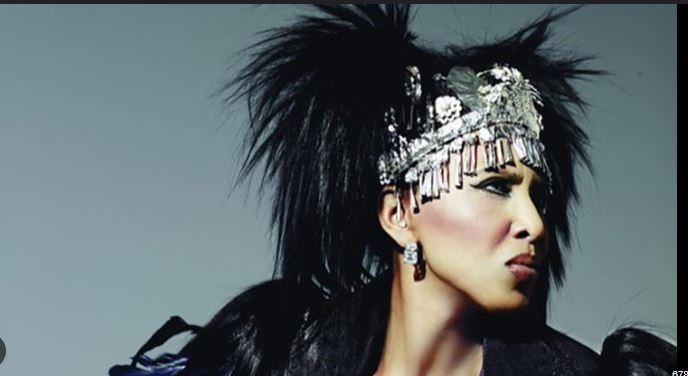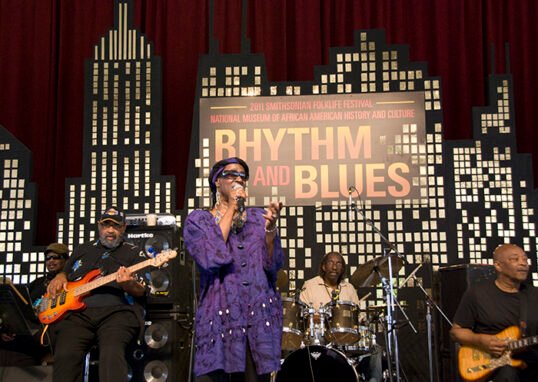
Women have made profound cultural contributions to rock music, shaping its evolution and expanding its boundaries. Their influence extends beyond music, impacting fashion, social norms, and the broader cultural landscape. This post explores the significant ways women in rock have contributed to cultural change and inspired future generations.

Redefining Rock Music and Gender Norms
Women in rock have consistently challenged traditional gender norms, redefining what it means to be a rock star. Joan Jett, for example, broke barriers with her unapologetic attitude and powerful performances. Her hit song “Bad Reputation” became an anthem of defiance, challenging societal expectations and empowering women to embrace their individuality. Jett’s success demonstrated that talent and passion are not limited by gender, paving the way for future female rock musicians.
Influencing Fashion and Style
The impact of female rock musicians on fashion cannot be overstated. Patti Smith, with her androgynous style and punk rock aesthetic, influenced fashion trends in the 1970s. Her look, characterized by a mix of vintage and rebellious elements, became iconic and inspired a new wave of fashion. Similarly, Debbie Harry of Blondie popularized the punk and new wave styles, contributing to a broader cultural movement. These women’s unique styles not only defined their personas but also left a lasting mark on fashion history.
Challenging Social Norms and Advocating Change
Female rock musicians have used their platforms to challenge social norms and advocate for change. Tina Turner, for example, became a symbol of resilience and empowerment through her music and personal story. Her rise from a troubled past to become a rock icon inspired many and highlighted issues of personal strength and overcoming adversity. Turner’s influence extends beyond music, as she became a role model for women seeking to break free from societal constraints.
Promoting Diversity and Inclusivity
Women in rock have played a crucial role in promoting diversity and inclusivity within the genre. Amy Lee of Evanescence has been a prominent advocate for mental health awareness through her music. The band’s blend of rock and classical elements, combined with Lee’s evocative lyrics, has resonated with a diverse audience. By addressing themes of struggle and resilience, Lee has contributed to a more inclusive narrative within rock music.
Shaping Music and Cultural Narratives
Female rock musicians have also shaped cultural narratives through their music and public personas. Stevie Nicks, with her mystical and enigmatic stage presence, has created a lasting cultural impact. Her storytelling through music, combined with her distinctive style, has made her a cultural icon. Nicks’ influence extends to how women are represented in rock, adding depth and complexity to the genre’s narratives.
Inspiring Future Generations
The contributions of women in rock continue to inspire future generations of musicians. Nancy Wilson of Heart, for example, has been a role model for female guitarists, demonstrating that women can excel in traditionally male-dominated fields. Her technical prowess and creativity have encouraged many young women to pursue careers in rock music. The legacy of these pioneering women serves as a powerful reminder of the impact that female artists can have on the industry.
Breaking Through Cultural Barriers
Women in rock have also broken through cultural barriers, bringing diverse influences into the genre. Lita Ford’s incorporation of metal and hard rock elements into her music exemplifies how female artists have expanded rock’s boundaries. Her success demonstrated that rock music could embrace a variety of styles and influences, further enriching the genre’s cultural landscape.
Promoting Social and Cultural Change
Finally, female rock musicians have promoted social and cultural change through their activism and advocacy. Patti Smith, for instance, used her platform to address issues such as feminism and social justice. Her outspoken nature and commitment to these causes have helped to elevate important social issues within the rock music community and beyond.
Conclusion
The cultural contributions of women in rock music are vast and impactful. From redefining gender norms and influencing fashion to challenging social norms and advocating for change, these musicians have left an indelible mark on the genre. Their legacy continues to inspire and shape the future of rock music, proving that the impact of female artists extends far beyond the stage.






